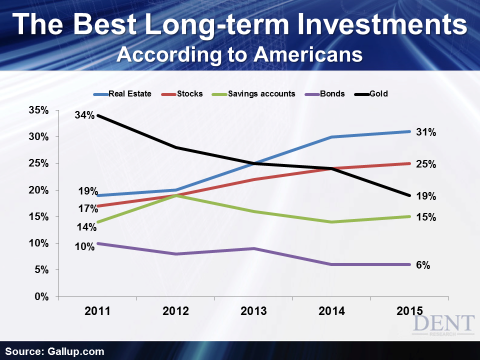As IÂ discussed on Friday, most investors pile into the markets when everyone else does. They have a huge misperception of risk.
They think the longer a market has gone up, the less risk there is… but the truth is that the longer and stronger a market’s advance, the more likely it is to go down, and to go down big time.
The tech bull market from October 1990 to March 2000 resulted in one of the biggest bubble bursts of all time, with the Nasdaq (QQQ) falling 78%.
The most astute investors (AKA the “smart moneyâ€) buy at these times when the markets are down, while most investors shun them out of fear.
It follows a natural S-Curve pattern. The 0.1% get in first, then the 1%, then the 10% — which is why these people so dominate wealth and income. They’re willing to take more risk… which is why they pick up the most gains!
Most investors get in somewhere in that 10% to 90% acceleration, not at the beginning. Hence, what they think and do are not good indicators of the best future trends.
To give you some insight into what most Americans consider the best long-term investments, here’s a poll from Gallup, the premier surveyors of American attitudes:

Â
Real estate is currently No. 1 at 31%.
That is the worst long-term investment by our research. And while it may not drop as much as stocks in the crisis ahead, the difference is that most people have mortgages on their real estate, so the falls are more painful!
Simply, we’ve built too many houses, with not enough people to fill them into the future! The Boomers are a larger generation than Generation X which followed, so as they retire, downsize, and eventually die, real estate will fall with them.
Japan has already proven that real estate can go down 60% and not recover even 24 years after its peak. The majority of homeowners who buy a 30-year mortgage today, or even 10 years ago, should not hope to see their investments appreciate.

